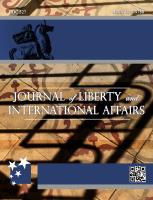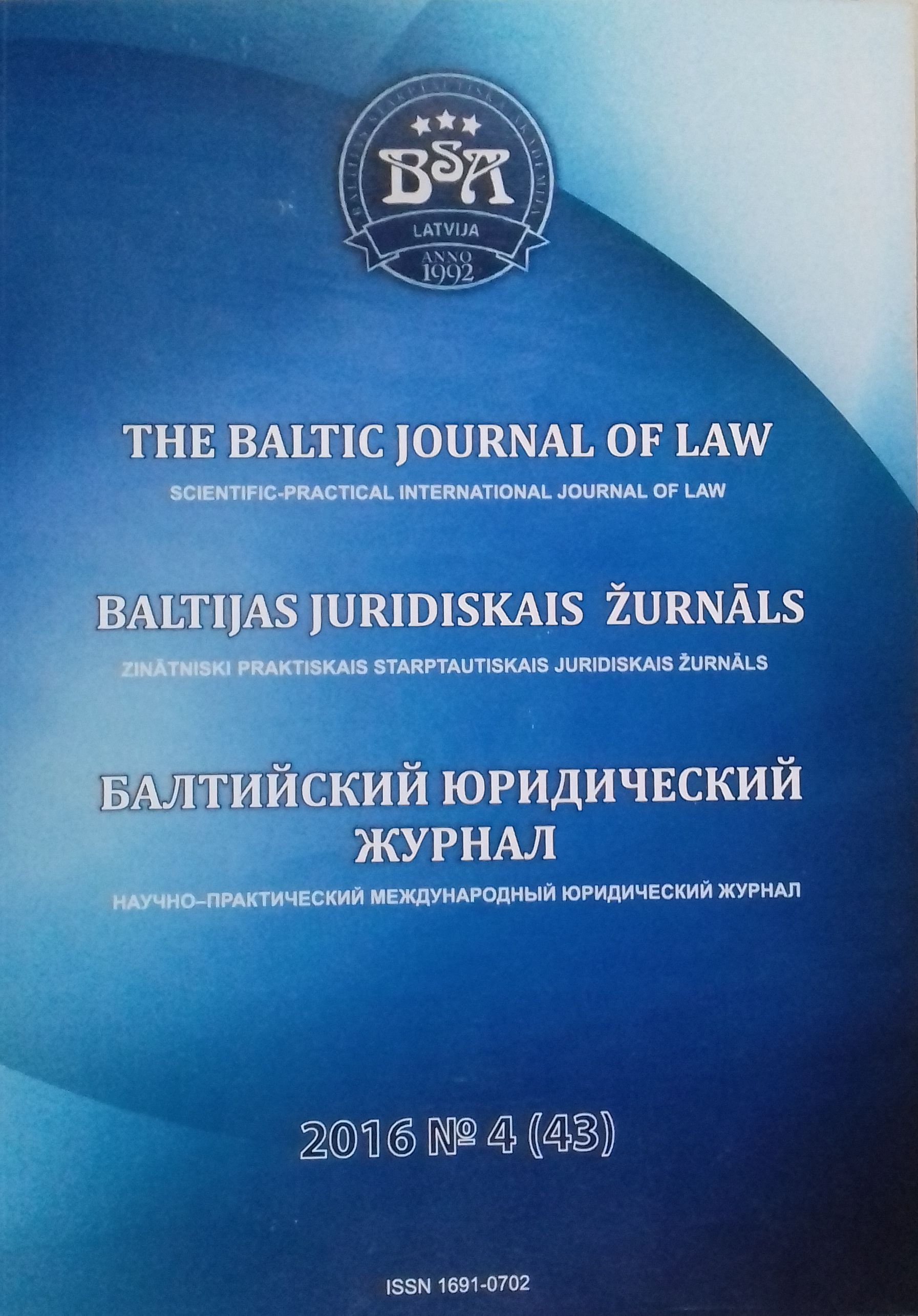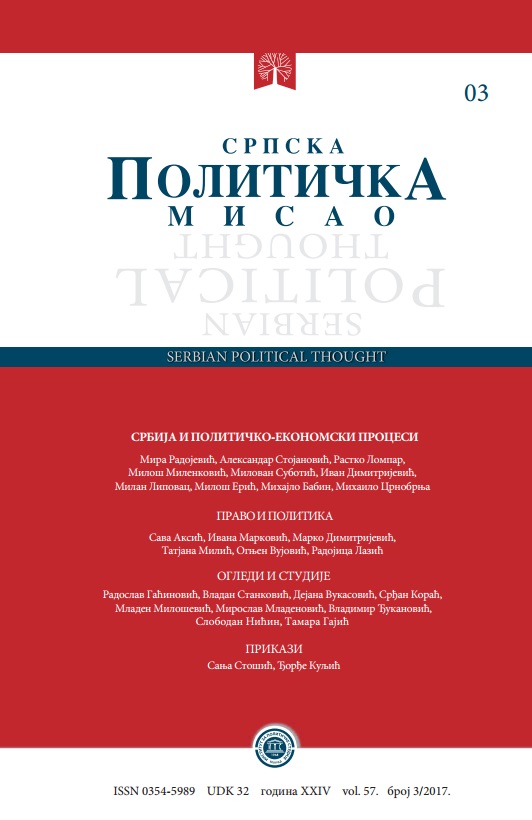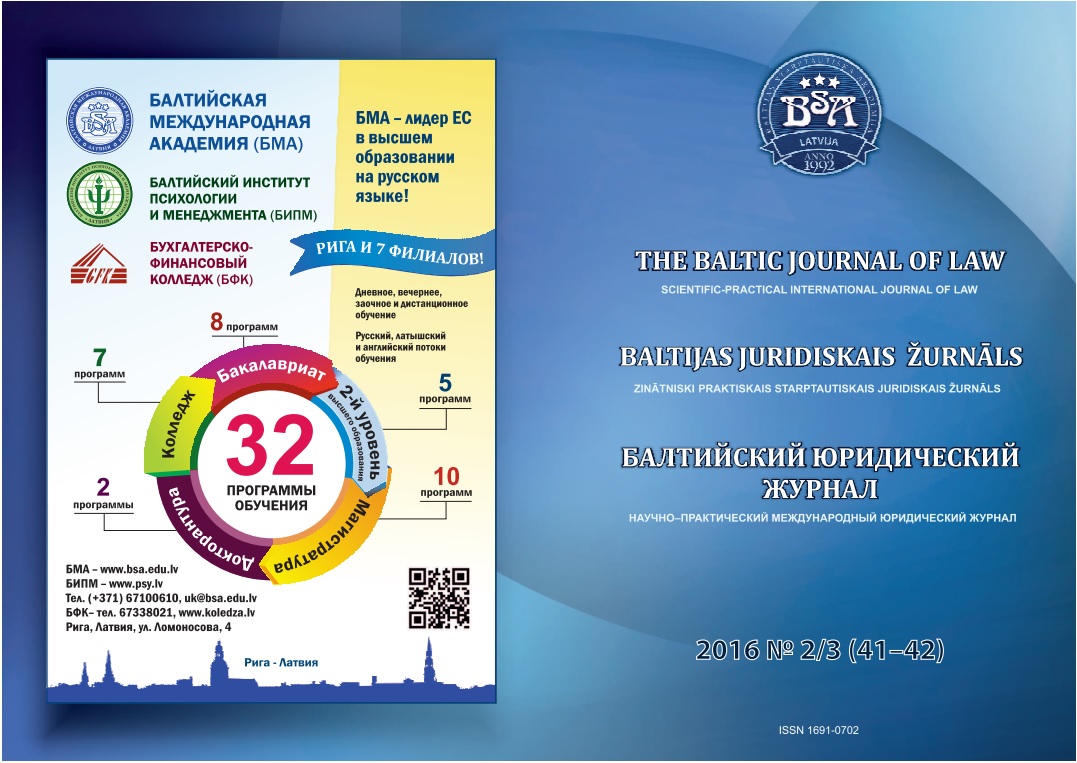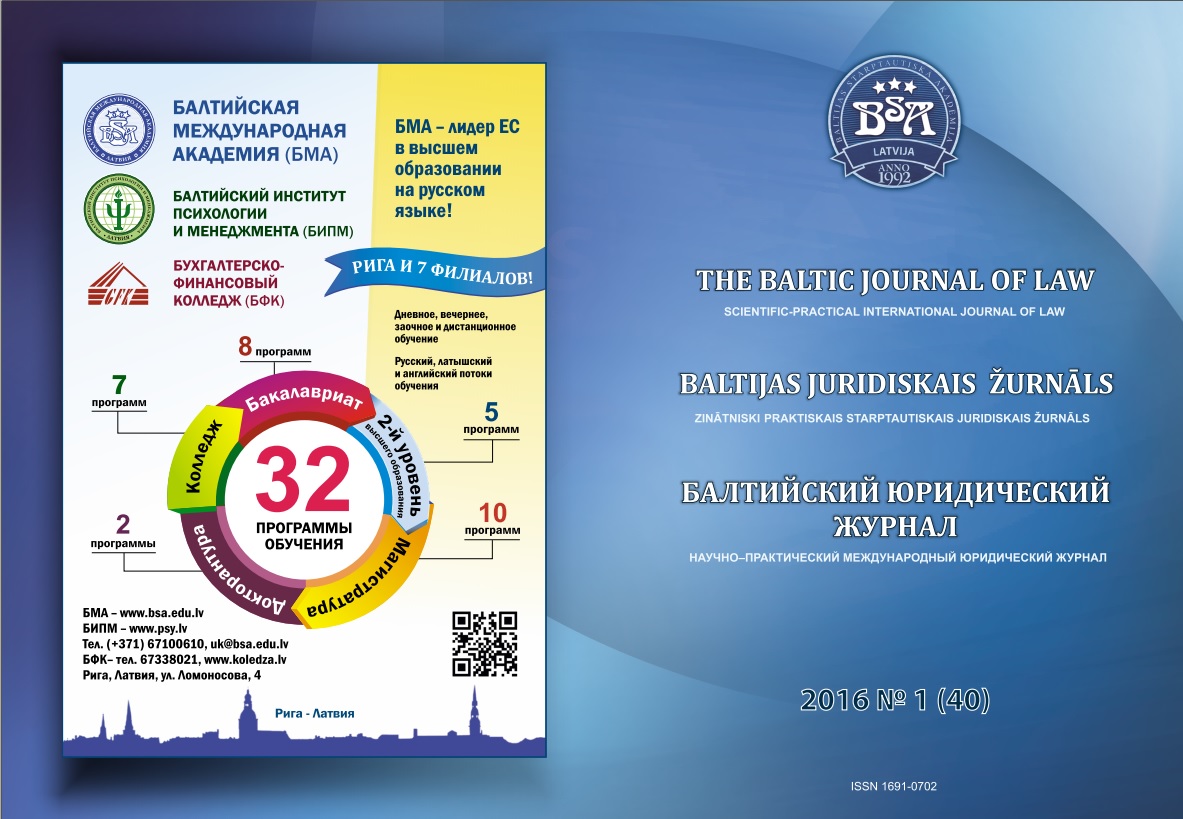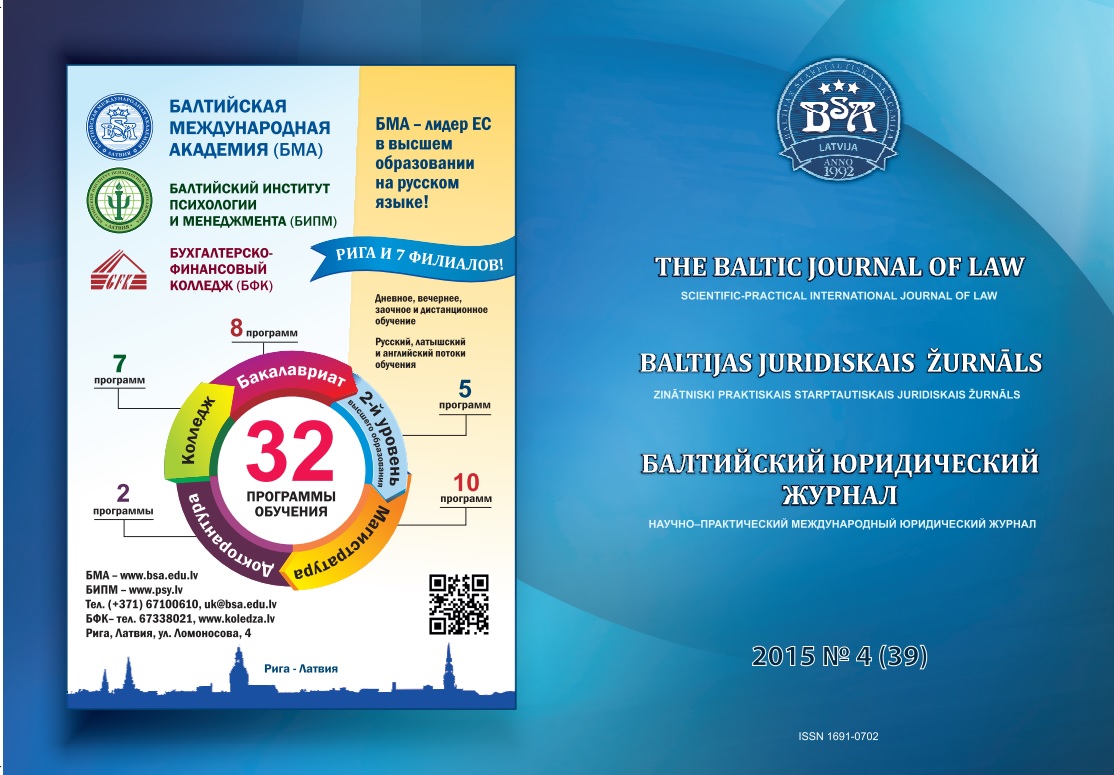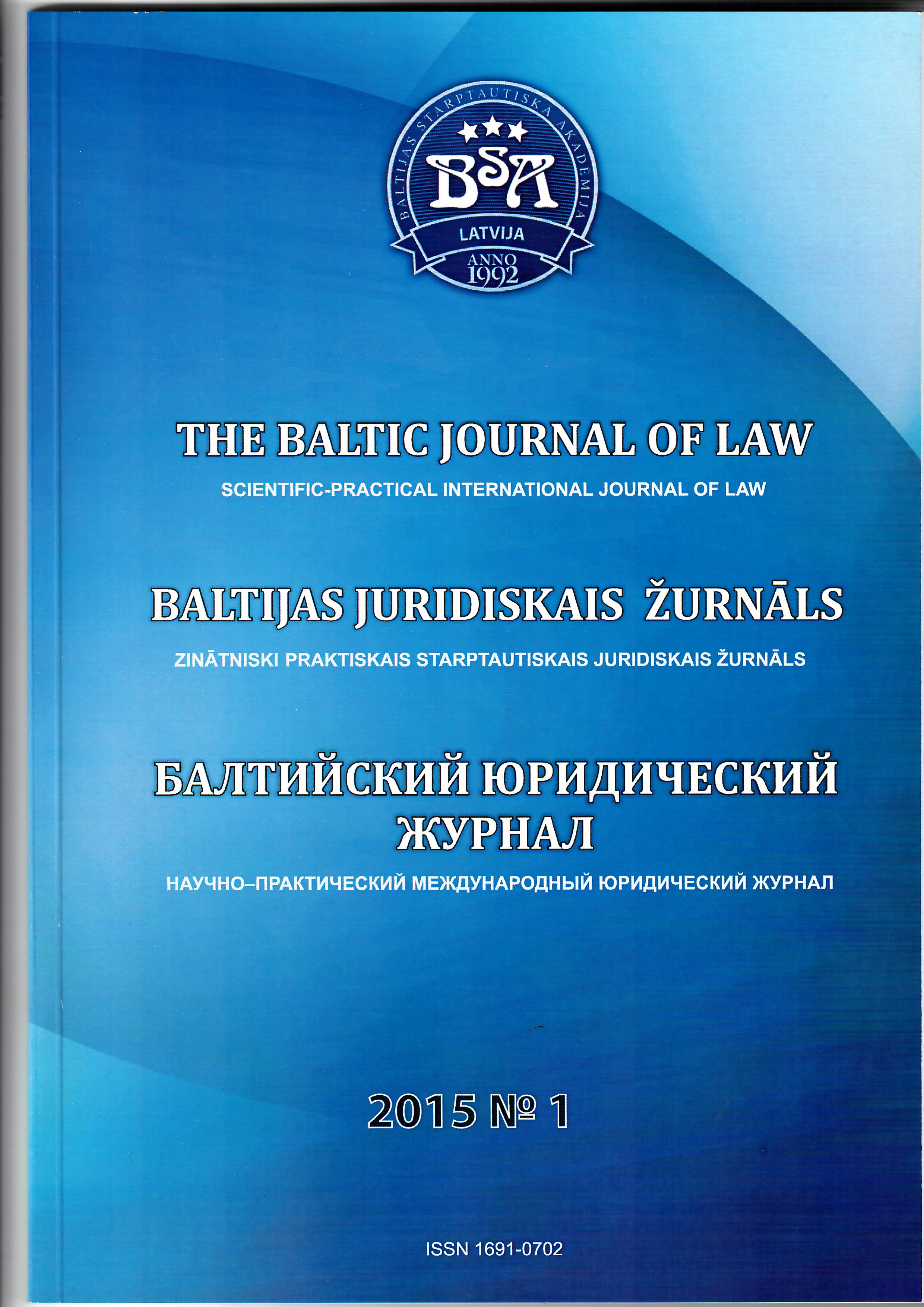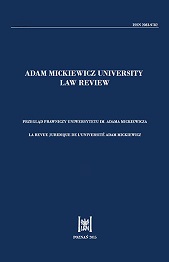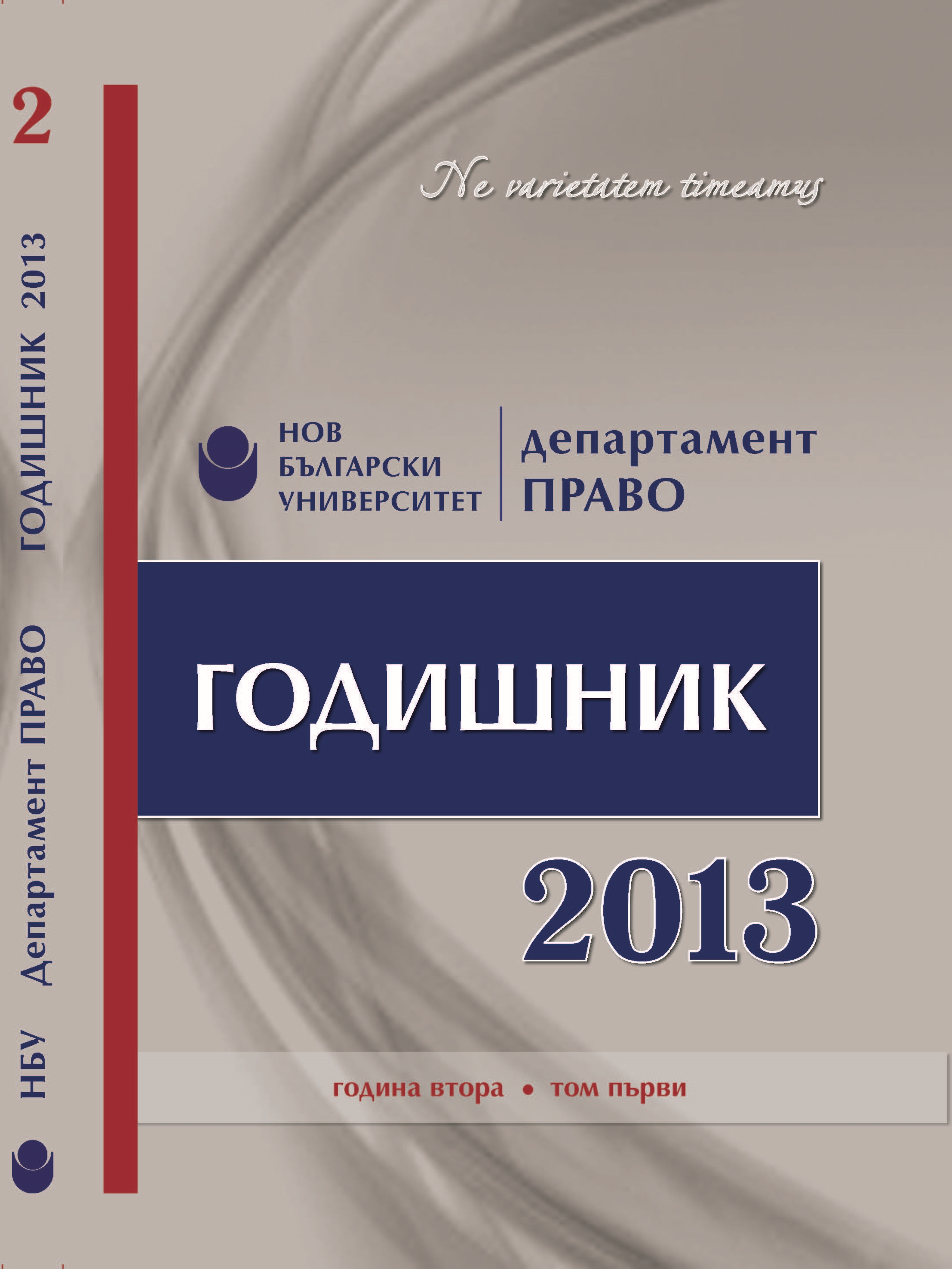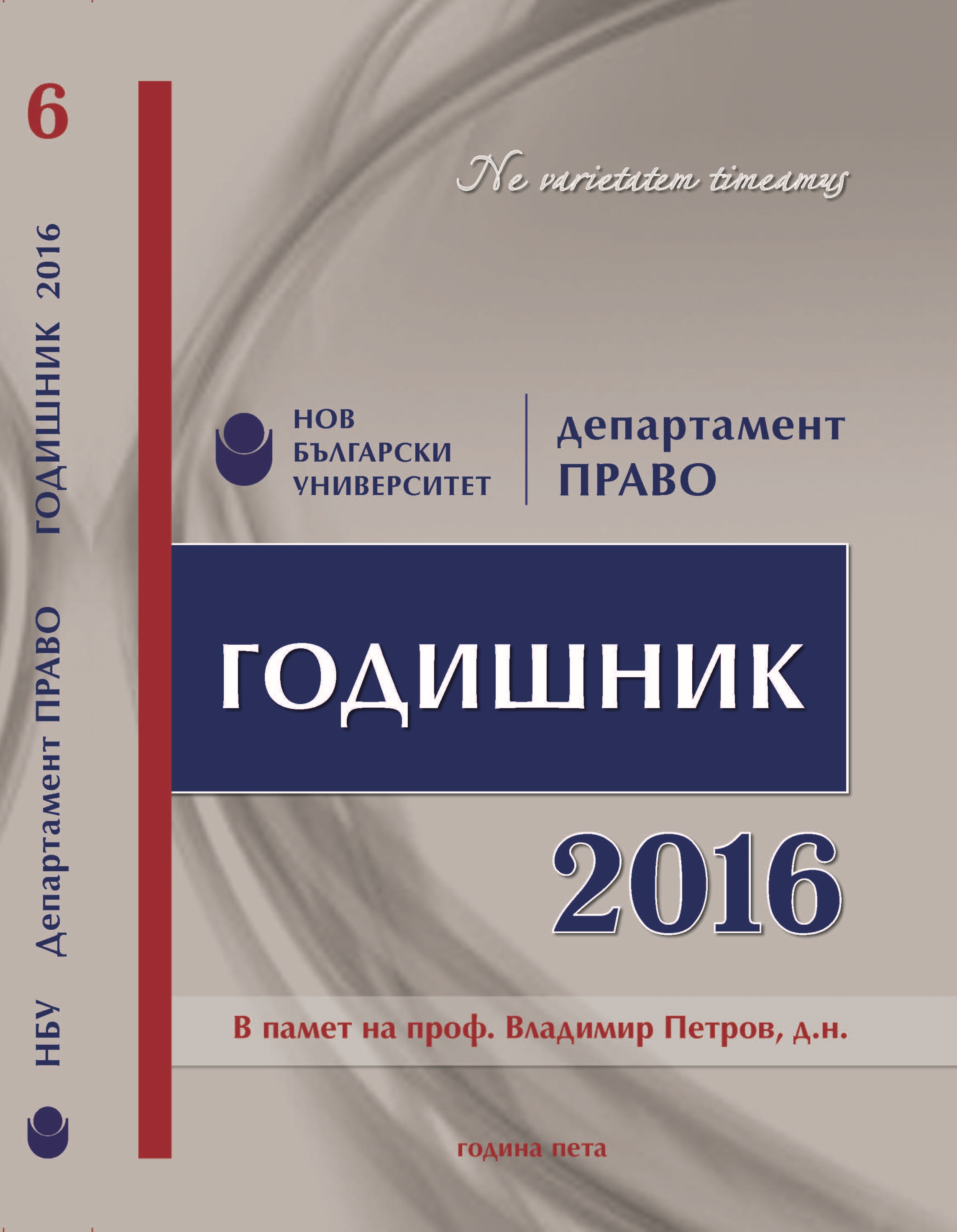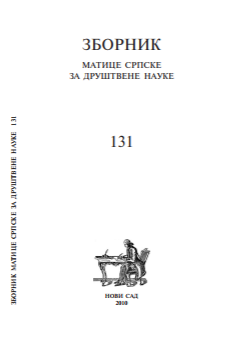Pranje novca u aktima Europske Unije i Saveta Europe
The author deals with the regulation of money laundering in the legal instruments of the European Union and Council of Europe. He ranges money laundering in the group of international economic crime law as a branch or sphere of international criminal law. Although it is considered as a relatively new notion which has not been yet generally admitted as a branch of international criminal law, it could be nevertheless defined with regard to its subject in narrow and broader sense. Money laundering has been also extensively discussed by the United Nations, European Union and Council of Europe which adopted important legal acts. The European Union has adopted so far three directives concerning the prevention of money laundering. Money laundering was also considered the Council of Europe which has adopted so far two conventions related to money laundering. Legal acts of the European Union and Council of Europe which are presented in this paper regulate much precisely measures for prevention, detection, and prosecution of money laundering. It is important that the mentioned instruments require from the signatory states, for which they are legally binding, to regulate their national legislation in accordance with the definition of money laundering set up in these acts. It means that the regulation of money laundering in national laws should be very similar to the regulation in respective international instruments; this facilitates international cooperation which is particularly important for a successful prevention and prosecution of money laundering.
More...
